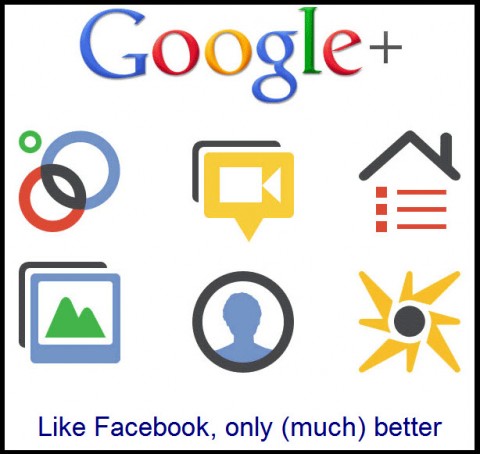Groupon’s $700 million IPO last week proved that thieves and lunatics, working hand in hand and impelled by naked greed, remain a dominant force in today’s markets. With America rapidly on its way to becoming Nickel-and-Dime Nation, perhaps those who snapped up 35 million Groupon shares at huge premiums on opening day knew what they were doing? We were reminded of Groupon’s visceral appeal this morning when we opened a G-mail from them promising $5 off the next Groupon purchase. Had we known this opportunity-of-a-lifetime would be sitting in our mailbox when we awoke, we would scarcely have slept the night before. Imagine what the company would be worth if it can sell just one $10 Groupon to each and every Chinaman. If and when that happens, and assuming the Chinese don’t rip off the idea first, Groupon at $28 per share may turn out to have been a steal.
 Or perhaps not. There is always the chance that Google will come along, even before the Chinese have stolen the idea, and do it better themselves. Google, as everyone knows, does whatever it is doing better than just about any other company. That is why Microsoft’s Bing! search engine isn’t even in the race, despite ginned-up statistics that would have us believe the product is quickly saturating its market. In fact, Bing! has gotten as far as it has only with a huge, artificial boost from Microsoft’s weekly laxative of security patches, gratuitous updates and other bitware effluvia. Turns out that one of those updates stealthily inserted a Bing! search field into Firefox’s tool bar, and that it takes a registry hack to get rid of it. (Warning: Half-measures will only allow Bing! to return again and again and again, like the proverbial bad penny.) If you want to know how popular Bing! is among software cognoscenti, try Googling the phrase “Getting rid of Bing in Firefox.” We’re not sure what Firefox had to gain by making Bing! as virulent as leprosy, but it seems obvious that Microsoft CEO Ballmer paid them a pretty penny for the piggyback ride.
Or perhaps not. There is always the chance that Google will come along, even before the Chinese have stolen the idea, and do it better themselves. Google, as everyone knows, does whatever it is doing better than just about any other company. That is why Microsoft’s Bing! search engine isn’t even in the race, despite ginned-up statistics that would have us believe the product is quickly saturating its market. In fact, Bing! has gotten as far as it has only with a huge, artificial boost from Microsoft’s weekly laxative of security patches, gratuitous updates and other bitware effluvia. Turns out that one of those updates stealthily inserted a Bing! search field into Firefox’s tool bar, and that it takes a registry hack to get rid of it. (Warning: Half-measures will only allow Bing! to return again and again and again, like the proverbial bad penny.) If you want to know how popular Bing! is among software cognoscenti, try Googling the phrase “Getting rid of Bing in Firefox.” We’re not sure what Firefox had to gain by making Bing! as virulent as leprosy, but it seems obvious that Microsoft CEO Ballmer paid them a pretty penny for the piggyback ride.
A National Joke
All of which brings us to the elephant in the room, Facebook. Although it seems likely that the social networking firm’s eventual IPO will put Google’s $1.7 billion fund-raiser in 2004 to shame, Google itself has the potential to turn Facebook into compost. One need only test-drive Google+ to understand why it threatens to subvert Facebook’s business model. Mainly, it eliminates the sleazy intrusions on one’s privacy that Facebook has always invited. In this regard, Facebook has become a national joke, despite endless revisions in the program that purport to give users more control over privacy. How’re they doing? This front-page headline from the current issue of The Onion says it all: “New Facebook Feature Allows User to Cancel Account.” That’s the ostensibly good news. But the joke is on users, as the story concludes: “[Facebook] later confirmed that account closures would not stop [the company] from continuing to acquire, permanently store, and sell all of the information about every one of its current and former users until the day they die.”
Facebook faces the challenge of making actual profits without further compromising subscribers’ privacy. This is like trying to retool a car so that it flies. Google has the advantage of being able to build a social-networking application from the ground up, taking into account all of Facebook’s innumerable flaws. That fact will not necessarily inhibit the morons who paid $28 a share for Groupon from paying equally ridiculous prices for Facebook shares. However, it does imply that over the long haul, Facebook will be just another footnote in the sordid history of market manias.
***
(If you’d like to have Rick’s Picks commentary delivered free each day to your e-mail box, click here.)

Divergent OPinion–very much appreciate your 5:09 post., an intelligent defense of your expectations. Thank you.